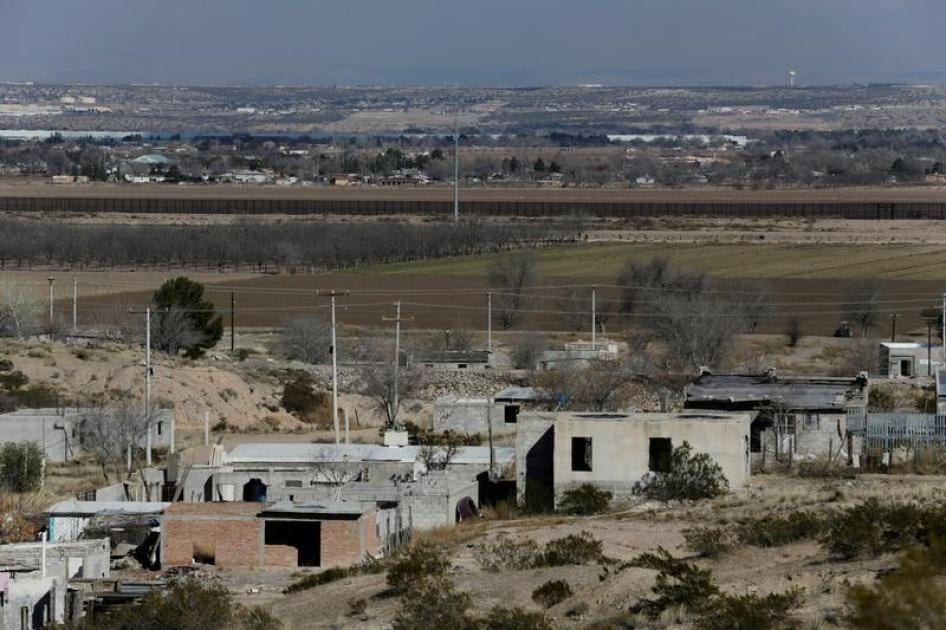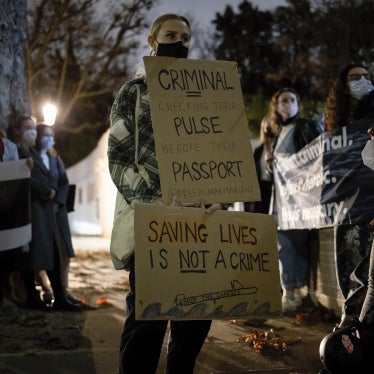Recent reports that the US monitored calls between members of President Trump’s campaign staff and Russian intelligence personnel have renewed controversy about the surveillance powers of the National Security Agency (NSA) and Federal Bureau of Intelligence (FBI), and how those bodies handle the information they collect. But anyone concerned about the scope or legality of the US government’s warrantless intelligence surveillance should also worry about the way these programs may affect the country’s border and immigrant communities.
The US currently has two main “foreign” surveillance powers it can—in practice—use to obtain and sift through information on people within its borders without a warrant. (We do not yet know whether either of these was the legal basis for intercepting the conversations with Trump’s campaign staff).
The first, Section 702 of the Foreign Intelligence Surveillance Act, is scheduled to expire at the end of this year, setting the stage for an intense debate in Congress about reforming surveillance. Under Section 702, the NSA (with telecommunications companies’ help) automatically searches virtually all the Internet communications flowing over the fiber optic cables that connect the US to the rest of the world—a practice known as “upstream” scanning.
As of 2015, 26 percent of people in the United States were first- or second-generation immigrants. Upstream monitoring, as we currently understand it, means that whenever any of these tens of millions of people—or anyone else in the US—sends an email to a friend or family member in another country, the US government is likely searching those communications to see if they contain e-mail addresses or other “selectors” of interest. This kind of suspicionless, warrantless, disproportionate monitoring violates human rights.
In addition to Section 702, Executive Order 12333 allows the NSA and other US agencies to vacuum up the communications of US citizens and lawful permanent residents in the course of foreign surveillance. Leaked documents indicate that pursuant to EO 12333, the US has grabbed records of potentially all telephone calls in countries including Mexico and the Philippines. In other words, if you are in El Paso, Texas and have called your mother in Juárez, Mexico, US intelligence agencies probably have a record of your call. They can use this data to map social networks—and share it for law enforcement purposes.
The US’ vast warrantless surveillance powers are not only an issue for legal wonks or the technically savvy: they may be affecting people and communities throughout the United States and the world. Congress and the judiciary should regard them as direct threats to both US democracy and human rights.








